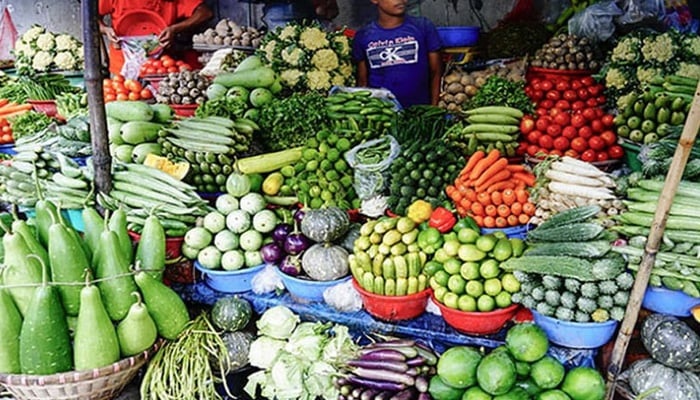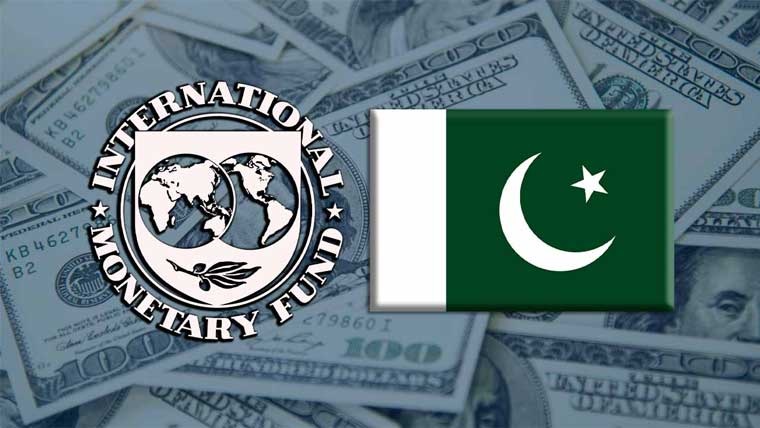ISLAMABAD:
Pakistan ended the International Monetary Fund (IMF) programme on a sour note as it booked a budget deficit of Rs4.33 trillion, which was nearly one-fourth higher than the last fiscal year and put a question mark over the lender’s claim of strengthening fiscal position.
The Ministry of Finance on Tuesday released the fiscal operation details for the July-March period of the current fiscal year. It coincided with the successful completion of a $3 billion IMF standby arrangement (SBA).
IMF Deputy Managing Director Antoinette Sayeh said on Monday that Pakistan’s “fiscal position continues to strengthen with a primary surplus of 1.8% of GDP achieved in the first half of fiscal year 2024, well ahead of projections and putting Pakistan on track to achieve its end-FY24 primary surplus target of 0.4% of GDP”.
Although the primary surplus remained above the IMF’s benchmark, the country’s overall fiscal position remained weak due to the highest-ever interest rate of 22% that consumed nearly 60% of the budget.
During the nine-month period, the federal government spent Rs5.52 trillion on interest payments, a sum that was Rs205 billion more than the centre’s net income.
It showed that the federal government paid the interest on debt by taking new loans; a situation that by all means cannot be described as an improvement.
The interest payments of Rs5.52 trillion were Rs1.94 trillion, or 54%, higher than the same period of the last fiscal year.
The root problem behind the yawning deficit was the IMF programme, which prevented the central bank from lowering the interest rate. The high interest rate has failed to curb inflation, which remains in high double digits. Domestic debt servicing amounted to Rs4.8 trillion in nine months. The IMF has revised upwards its inflation forecast for Pakistan to 24.8%, which also shows that the high interest rate has not helped to achieve the objective.
Overall, the federal government has managed to show a primary budget surplus of Rs1.2 trillion, meeting the IMF’s condition. The primary budget surplus is calculated after excluding the cost of interest payments, which now exceed the government’s net income and contribute to a massive debt pile. The IMF’s deputy managing director said that continued revenue mobilisation efforts and spending discipline at both federal and provincial levels remained critical to ensure that the primary surplus target was achieved. The federal budget deficit, including the cost of interest payments, amounted to Rs4.33 trillion, or 4.1% of gross domestic product (GDP), during the first nine months of the current fiscal year. The deficit was 23%, or Rs803 billion, higher than the same period of the last fiscal year.
The federal government resorted to borrowing for all its activities, including defence expenditures. Defence spending stood at Rs1.22 trillion, up by 22% over the previous year. The combined expenses on debt servicing and defence needs were Rs6.74 trillion, higher by Rs1.4 trillion than the federal government’s net income.
In nine months, the federal government’s total expenditures surged by 38% compared to the same period of the previous year. Total expenses amounted to Rs9.6 trillion, higher by Rs2.7 trillion. There was also a 40% increase in current expenditures, which amounted to Rs9.3 trillion.
The government gave Rs473 billion in subsidies, according to the summary.
The IMF’s deputy managing director said that Pakistan had stabilised the energy sector’s circular debt over the course of the SBA through timely tariff adjustments and enhanced collection efforts. While these actions need to continue, it is also critical that the authorities undertake cost-side reforms to address the sector’s underlying issues and viability, she added.
Pensions consumed Rs612 billion while development spending slowed down to Rs322 billion, a reduction of Rs7 billion compared to the previous year.
Despite the gloomy figures, the government has managed to show some good performance. Non-tax revenues showed a substantial increase of 95% to Rs2.4 trillion, primarily due to petroleum levy collection that amounted to Rs719 billion. The central bank profit remained at Rs972 billion.
The Federal Board of Revenue’s tax collection reached Rs6.7 trillion in nine months, up by 30%. The gross federal revenue receipts amounted to Rs9.1 trillion, an increase of Rs2.7 trillion from the previous year. However, the federal government’s total net income, after transferring provincial shares, stood at Rs5.3 trillion, not enough to finance interest payments.
Published in The Express Tribune, May 1st, 2024.
Like Business on Facebook, follow @TribuneBiz on Twitter to stay informed and join in the conversation.
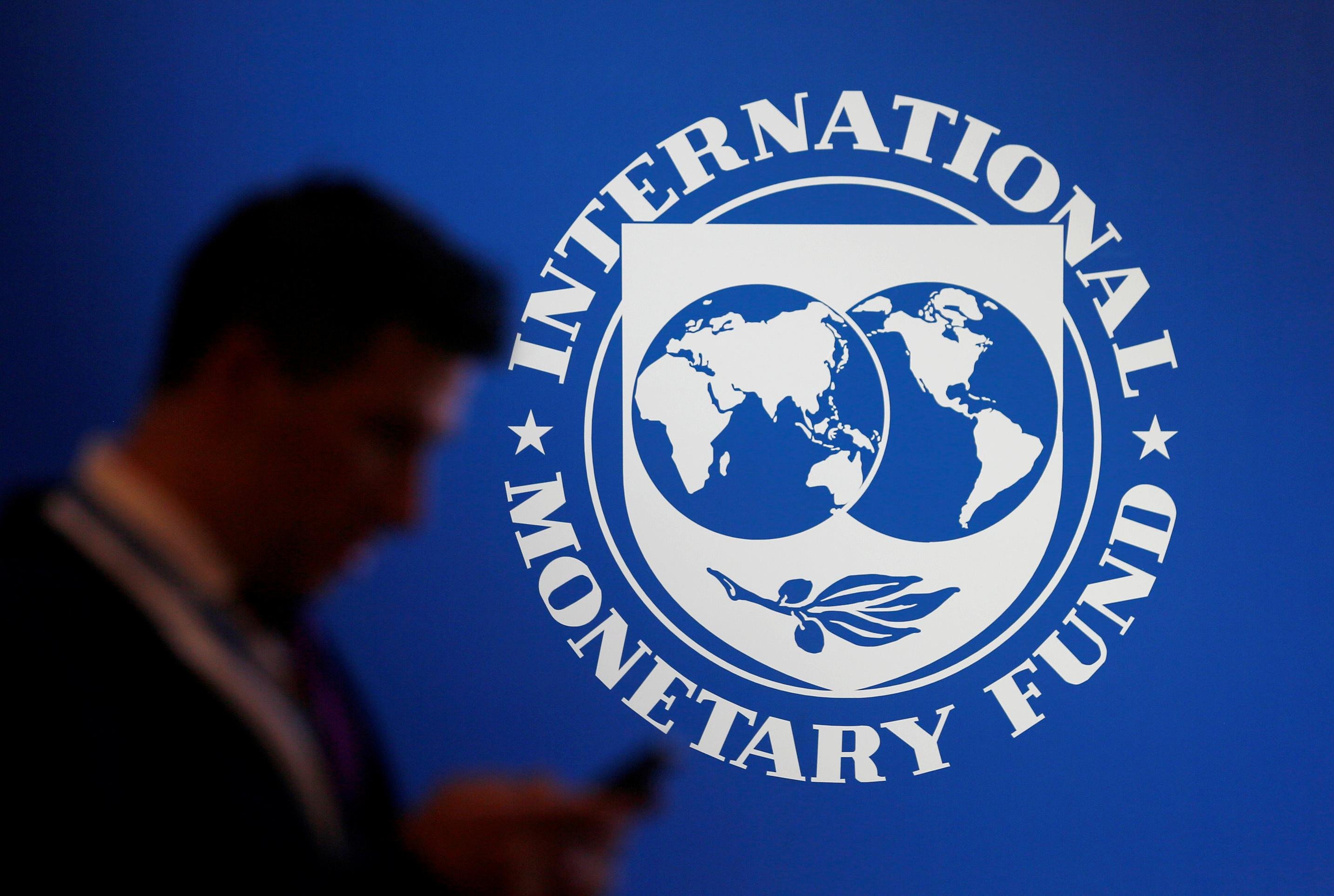

 Technology7 مہینے ago
Technology7 مہینے ago
 Pakistan7 مہینے ago
Pakistan7 مہینے ago
 Sports6 مہینے ago
Sports6 مہینے ago
 Entertainment6 مہینے ago
Entertainment6 مہینے ago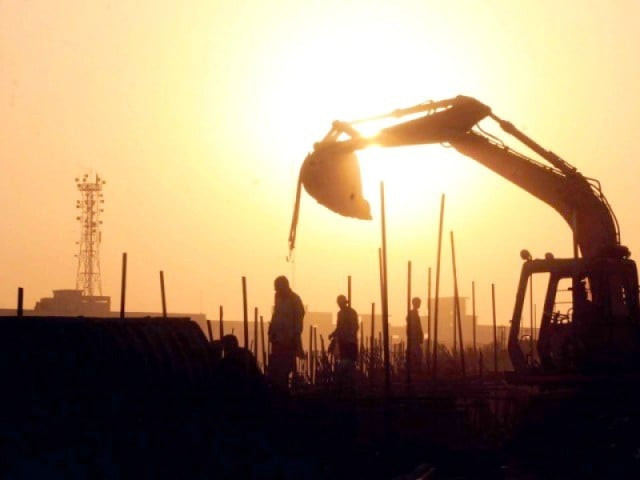
 Pakistan7 مہینے ago
Pakistan7 مہینے ago
 Sports6 مہینے ago
Sports6 مہینے ago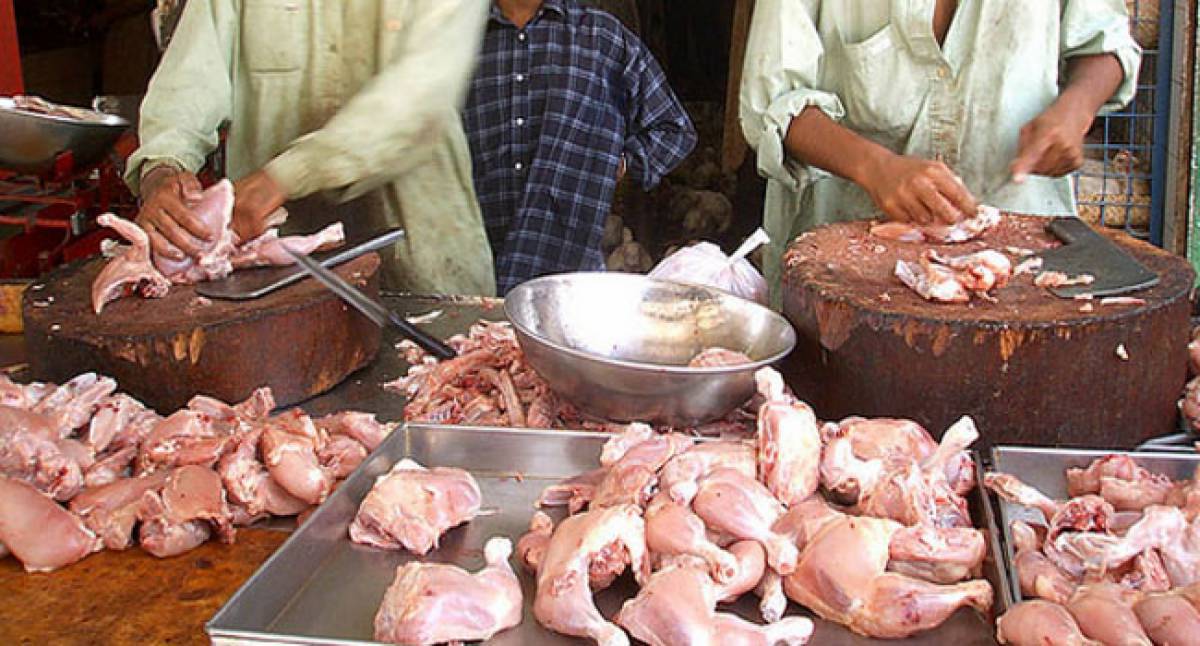
 Pakistan6 مہینے ago
Pakistan6 مہینے ago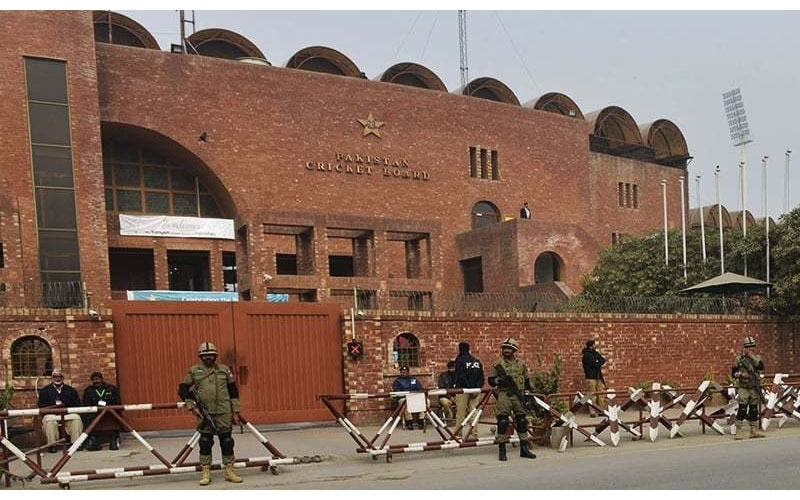
 Sports6 مہینے ago
Sports6 مہینے ago


